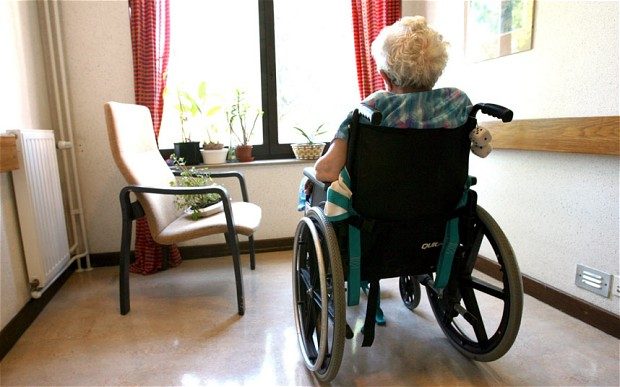Dear Editor, Fr Rolheiser wrote (The Irish Catholic 20/6/2024): “How we die leaves behind a legacy, a particular spirit, which either nurtures or haunts those left behind”.
Reading that I thought of Charlie Bird and Rob Burrow. They suffered and died from Motor Neuron Disease which is a debilitating condition that is very demeaning, horrifying and terminal. With the courage and support of their families and friends, these two men bore their condition with great dignity.
They embraced their illness and devoted their remaining days to increasing our awareness of MND and raising funds for research to benefit future victims of this disease. This was a very dignified approach to an indescribably horrific disease.
They did not seek refuge from their misfortune. Their example challenges our approach to such situations. Rather than ask what we can do to bring an end to their suffering, we should appreciate that terminally ill people have much to offer us through their suffering. Mortality is a significant aspect of life. After all, our life is a journey leading to this final moment.
Proponents of assisted dying speak of compassion to allow terminally ill people to die with dignity. The Catholic Bishops of Ireland opposed the introduction of legislation on Assisted Dying and Euthanasia. (The Irish Catholic, 27/6/2024).
They pointed to evidence from other countries where assisted dying was legalised, and to our weakening restrictions limiting legalised abortion in Ireland, to show that safe-guarding restrictions can be readily overturned.
Maybe we overestimate our moral resources when challenged by populist liberal opinion. Can we protect our traditional respect for the sanctity of life, and uphold our Christian understanding of compassion? The legacy of Charlie and Rob confronts our attitudes towards suffering and death. Can we, like them, leave a legacy that can be a source of inspiration for those we leave behind?
Your etc.,
Brendan Kennedy,
Belfast



